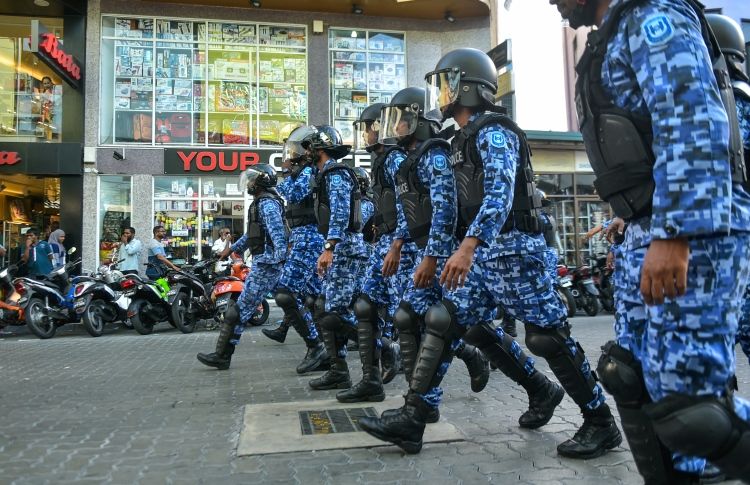New crimes set to be part of Maldives Penal Code
The existing Penal Code came into effect nearly 10 years after it was first drafted.

05 Jul 2018, 09:00
Reporters who cover court cases in the Maldives are being targeted by Penal Code changes proposed by the ruling party, one of many amendments in a 34-page bill published Wednesday.
The Progressive Party of the Maldives wants it to be illegal for journalists to portray a court as lacking the capacity to rule independently and without influence, and that a court is acting in ill faith. It also wants it to be illegal to use audio, video or any electronic equipment inside a courtroom.
Reporters are already prevented from using their own writing materials in court. Smart watches are banned, as are mobile phones and recording devices. Court officials provide journalists with sheets of A4 paper and pencils. There is also a dress code.
It is not clear what the amendments – such as the ones proposed as crimes against Islam – seek to achieve. The constitution says Islam is the state religion and there are already laws that restrict religious freedom and protect Islam from ‘threats’ such as freedom of speech.
Become a member
Get full access to our archive and personalise your experience.
Already a member?
Discussion
No comments yet. Be the first to share your thoughts!
No comments yet. Be the first to join the conversation!
Join the Conversation
Sign in to share your thoughts under an alias and take part in the discussion. Independent journalism thrives on open, respectful debate — your voice matters.




